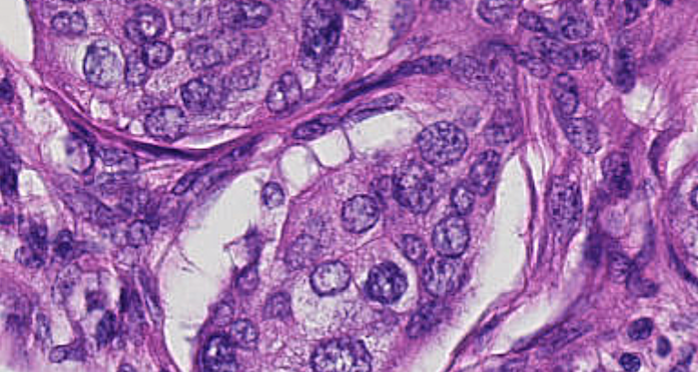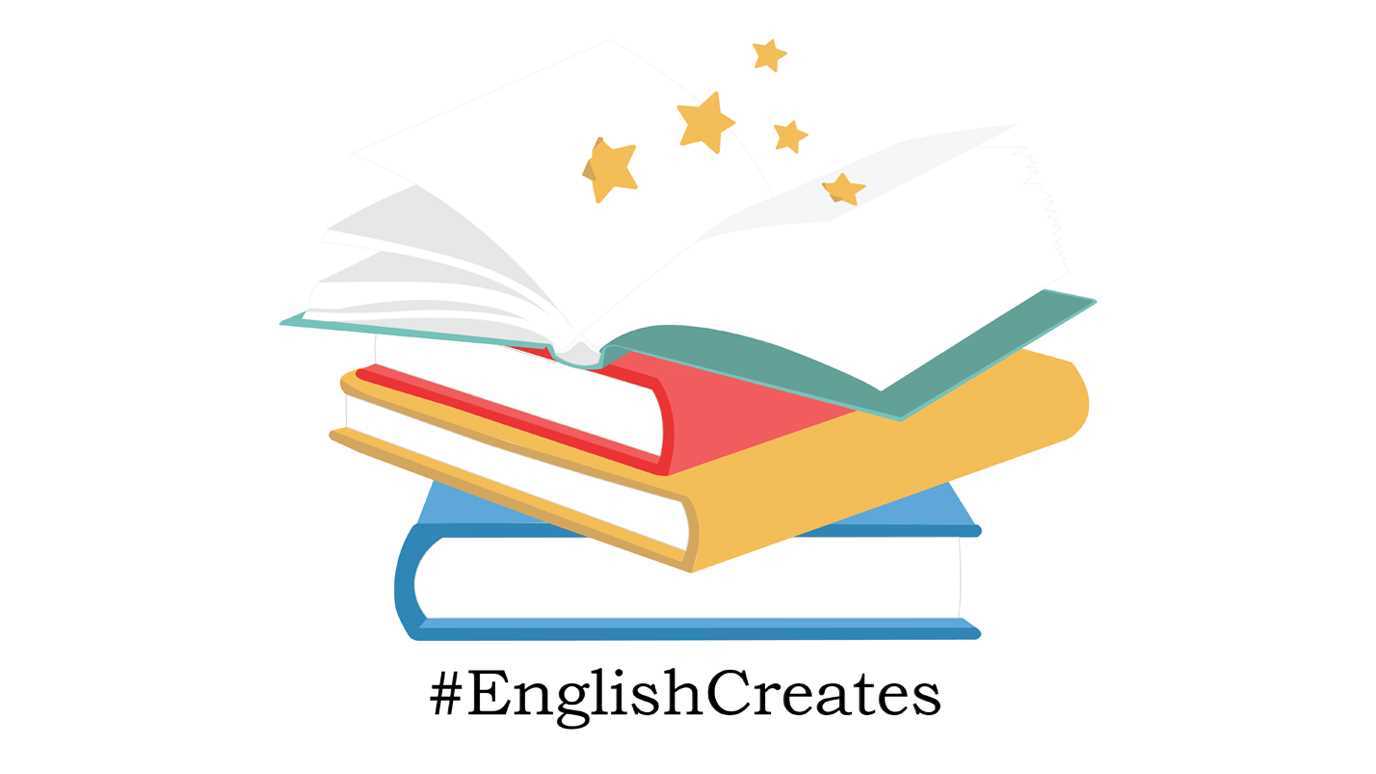A plant which had previously been dismissed as not being medically useful, could prove to be a hero in disguise, after scientists discovered it not only stops the growth of breast cancer cells but does not affect normal cells – a potential first for future cancer chemotherapy treatment.

The ground breaking research by the team of Professor Alessandra Devoto at Royal Holloway, University of London, in collaboration with Dr Amanda Harvey at Brunel University London, and Professor Nicholas Smirnoff at University of Exeter, incubated the Arabidopsis thaliana leaves, treated with the plant hormone Jasmonate (a substance discovered in jasmine that boosts plant responses to stress), with breast cancer cells.
They found that that although the cancer cells stopped growing, the normal cells remained unaffected. This is significant as use of the plant in breast cancer treatment could potentially lead to a quicker recovery time and less secondary effects for patients subjected to chemical treatment.
They have also discovered molecular mechanisms associated with the changes in the breast cancer cells that will allow development of further new treatments.
Professor Devoto, from the Department of Biological Sciences at Royal Holloway, has been conducting this research since 2006 and has just published a paper on the findings.
She said: “Along with my colleagues from Brunel and Exeter, I am truly excited to have discovered the amazing impact this unassuming plant has on breast cancer cells. It just proves that even plants with a non-medicinal pedigree can work for cancer treatment.
“The plant is very much like the ‘Cinderella’ of the medicinal plant world – no one thought it was so special, but it has shown its true colours via our research. The discovery has important implications in developing treatments for cancer as well as other diseases.”
Dr Harvey and Professor Smirnoff added: “Combined with recent progress in metabolic engineering and biotechnology, our approach will also facilitate production and analysis of bioactivities of valuable metabolites from plants on industrial scales.
“We are looking forward to continuing our collaboration with Professor Devoto to identify the plant-derived chemicals that interfere with breast cancer cells as well as with other diseases and to progress this research by gathering more funding to benefit society more widely.”
























